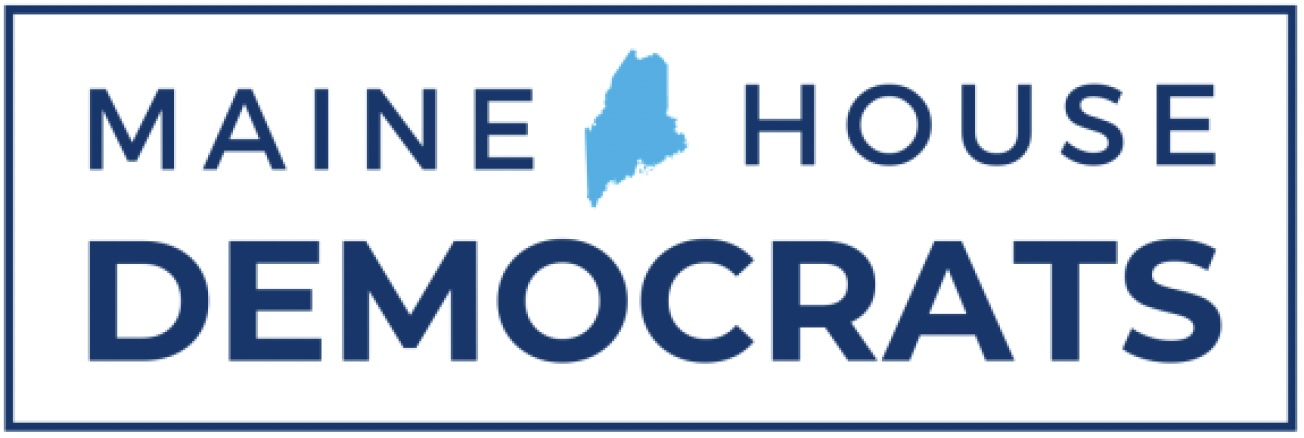I recently finished reading an interesting book that was sent to me and fellow members of the Legislature's Energy, Utilities and Technology (EUT) Committee by a concerned Maine resident. She sent this book to us at her own cost to share with us how other communities have implemented high speed internet and how that implementation has grown their economies and bettered their communities. The book is FIBER: The Coming Tech Revolution-and Why America Might Miss It, written by Susan Crawford, a professor at Harvard Law School who has spent much of the last two decades in the fields of science, technology and innovation.
Professor Crawford compares our current moment in history to the 1930s, when electricity was expanding out of affluent, urban areas and into more rural parts of our nation. Electricity was democratized and with it, rural communities got the boost they needed to lift themselves out of the Great Depression. Professor Crawford describes the development of electricity in the 1930s because it offers valuable lessons about how we can successfully expand high speed internet to rural areas today. With electricity, it was a partnership between the government and private business interests that strung those electrical lines to areas that would otherwise never be "plugged in." There was initially no motivation for private enterprise to spend the money to reach those underserved regions, but with the introduction of electricity to those areas, there became a steady income for electrical generators and transmission lines. Electricity was a way to increase the productivity of people and grow our economy. So too is broadband connectivity, but here in Maine, and other rural parts of the U.S., internet companies are underserving wide regions of our state because the cost to expand access to those areas outweighs the return on investment. There just are not enough customers in rural areas to make it worth their investment.
In the EUT Committee, we deal with broadband issues and regulation for Maine. FIBER was sent to our committee members to share how communities across the U.S. have approached laying enough fiber to reach their citizens and the roadblocks and setbacks they faced. The book also shows how the expansion of broadband enhanced the lives and economies of those who live there.
There is much we in the Legislature, particularly those of us on the EUT Committee, can take from Professor Crawford's words as we weigh policy proposals and work to make broadband more accessible in Maine. I am pleased to share that earlier this year, the Legislature approved the establishment of the Maine Connectivity Authority. This new, public authority will oversee the federal money and state earmarked funds for broadband expansion and projects in Maine.
Over the course of the COVID-19 pandemic, it became clear that the lack of reliable, high speed internet access negatively impacted students and workers alike. Im pleased to share that we included $150 million in the budget for broadband expansion. Maine is also set to receive roughly $128 million in federal relief for broadband expansion for businesses and homes. And nearly two dozen schools and school districts across Maine will directly benefit from the $1.6 million in federal dollars earmarked to improve internet access for students.
I am also pleased to see our municipalities banding together to tackle this issue at the local level. The Southwest Waldo County Broadband Coalition, which includes Freedom, Liberty, Montville, Palermo and Searsmont, has a goal to bring highspeed internet to these communities. You can learn more about their efforts and how to get involved at Better Internet Starts With All of US.
Broadband is an important tool to see our communities grow and prosper. There is certainly more work to be done at the state level and in the Legislature, but our investments in this infrastructure now will set up our communities for success for generations to come.
Rep. Zeigler is serving his third term in the Maine House and represents the communities of Belmont, Liberty, Lincolnville, Montville, Morrill, Palermo and Searsmont. He is a member of the Energy, Utilities and Technology Committee and the Environment and Natural Resources Committee.

